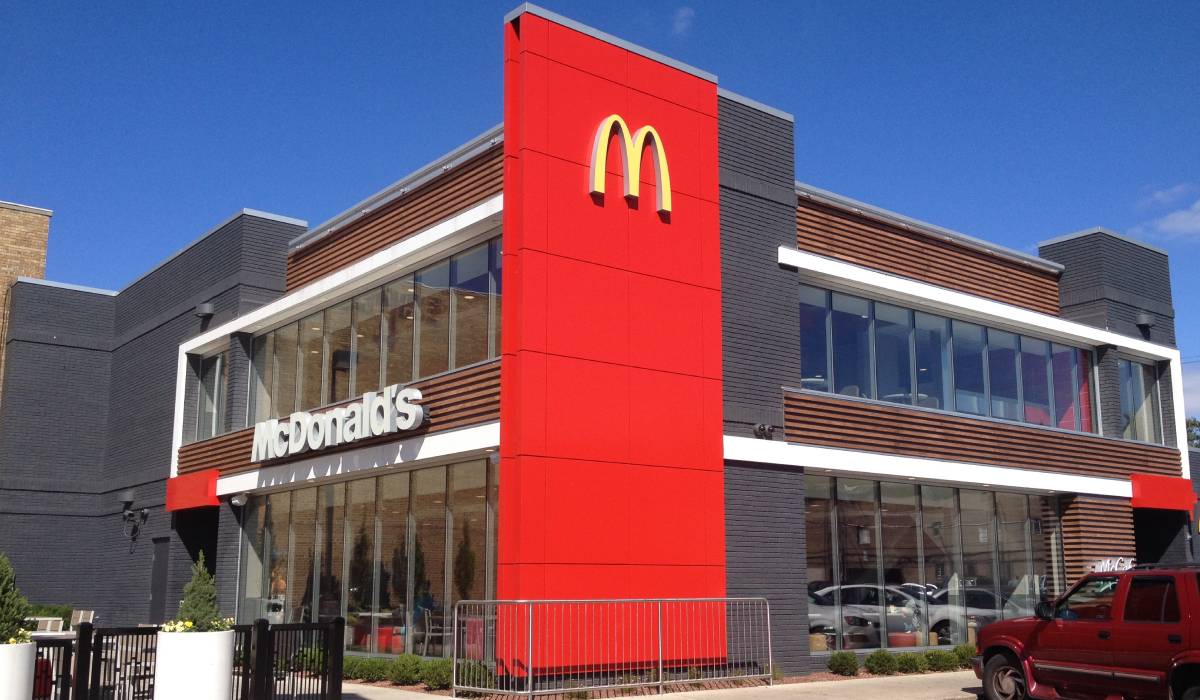The SEC announced charges Monday against McDonald’s and former CEO Steve Easterbrook stemming from his firing in November 2019 due to an inappropriate relationship.
Easterbrook was accused of making false and misleading statements to investors about why he was fired. Without admitting or denying guilt, he agreed to a cease-and-desist order, which prevents him from serving as an executive of board member of a public company for five years. He also agreed to pay a $400,000 civil penalty.
McDonald’s was charged with not providing enough details in its description of Easterbrook’s separation agreement. Without admitting or denying anything, McDonald’s consented to a cease-and-desist order, but didn’t receive a financial penalty because of its substantial cooperation throughout the investigation and because of its efforts to recover compensation from Easterbrook.
The ex-CEO was fired more than three years ago after he revealed a consensual relationship with a coworker. He was fired without cause, allowing him to keep a roughly $40 million severance package.
The saga picked back up in July 2020 when McDonald’s discovered Easterbrook was involved in multiple improper relationships. An investigation uncovered evidence, including nude and sexually explicit photos and videos of women Easterbrook sent as attachments to his McDonald’s email and personal account. The two sides went back and forth with lawsuits, but eventually, the chain was able to recoup $105 million in severance by December 2021. As part of the settlement, Easterbrook not only had to return equity and cash, but he was mandated to apologize for his actions.
The SEC claimed that by hiding these incidents, he influenced the company’s disclosures to investors regarding his departure and compensation.
“When corporate officers corrupt internal processes to manage their personal reputations or line their own pockets, they breach their fundamental duties to shareholders, who are entitled to transparency and fair dealing from executives,” Gurbir S. Grewal, director of the division of enforcement, said in a statement. “By allegedly concealing the extent of his misconduct during the company’s internal investigation, Easterbrook broke that trust with—and ultimately misled—shareholders.”
The SEC said when McDonald’s decided to terminate Easterbrook without cause, it “exercised discretion that was not disclosed to investors.” Mark Cave, associate director of the division of enforcement, said public companies like McDonald’s must “disclose and explain all materials” of their CEO’s compensation, including factors around a separation agreement.
“Today’s order finds that McDonald’s failed to disclose that the company exercised discretion in treating Easterbrook’s termination as without cause in conjunction with the execution of a separation agreement valued at more than $40 million,” Cave said in a statement.
In response, McDonald’s said, “The SEC’s order reinforces what we have previously said: McDonald’s held Steve Easterbrook accountable for his misconduct. We fired him and then sued him upon learning that he lied about his behavior.”








